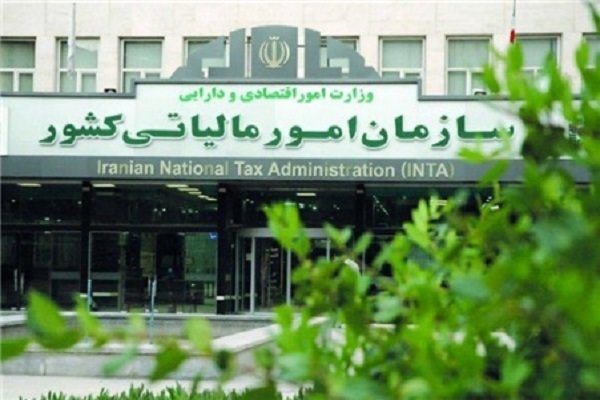INTA: Billionaires Don’t Pay Tax

EghtesadOnline: The head of Iranian National Tax Administration says the affluent in Iran do not have tax return files or largely evade fulfilling their tax obligations.
Reviewing banking transactions of 300,000 billionaires in Iran, Omid Ali Parsa said in a TV interview that more than half the people with income above 10 billion rials have never filed their tax returns.
“In fact these people have no tax records in INTA,” he was quoted as saying.
Parsa added that the INTA has started identifying the tax evaders and will soon start collecting the unpaid taxes, Financial Tribune reported.
The senior taxman said the initial plan is to focus on taxpayers with annual 200 billion rials ($1.7 million) income, adding that the number in this group is 4,376.
Of this number, only 2,051 people have tax records.
Taking all tax evasion cases into consideration, Tehran Province accounts for 35% of the total.
However, if cases are narrowed down to only include two tax dodger brackets above 200 billion rials and 2 trillion rials, then the share of tax dodging billionaires in Tehran would jump to 45% and 50%, according to Parsa.
This is while the share of tax dodgers in almost 10 less developed provinces barely reaches 0.5%.
INTA said it identified and collected unpaid taxes to the tune of 184 trillion rials ($1.5 billion) in the last fiscal year that ended in March. Of this amount 147 trillion rials ($1.2 billion) was detected by investigating suspicious transactions.
$5.5 Billion Tax Evasion
The amount of unpaid taxes is estimated to be in the region of 600 trillion rials ($5.5 billion), according to lawmaker Ali Vaqfchi.
In a talk with Fars News Agency, the MP chastised the tax collection system as being tough with salaried people and those at the bottom of the economic ladder while looking the other way when it comes to the rich and influential groups.
Pointing the finger of blame on INTA, the MP from Zanjan branded the age-old practice as “tax bias”.
“It is regretful that government employees, teachers and people with low income fulfill their obligations while billionaires evade their tax obligations” and get away.
He also criticized the government’s hesitation to tax bank deposits, saying tax on bank deposits would enable the government to substantially increase revenues while channeling large amounts of liquidity into productive sectors.
Although taxing interest on bank deposits is common in many countries, there are fears that the measure may add to the galloping inflation by pushing depositors to withdraw their money from banks and move to other safer havens.
The government generated 1,090 trillion rials ($8.8 billion) in taxes in the last fiscal year. In the budget for the current fiscal year that ends next March 1,400 trillion rials ($12. 5 billion) has been projected in tax revenue.
Given the budgetary constraints, increase in tax revenues is seen as critical for plugging the ballooning budget deficits.
National revenues have been hit hard after the US imposed new economic sanctions and further tightened restrictions on Iran’s oil exports – the lifeline of its economy.
Parsa earlier announced plans to modernize the tax system by using verifiable information about the financial turnover and status of taxpayers.
Apart from the need to compensate for budgetary constraints, tax revenues help the government to curb dependence on oil exports in order to meet targets enshrined in the 'Resistance Economy' proposed by the Leader Ayatollah Seyyed Ali Khamenei. An important component of the long-term vision is to significantly raise income tax.
It is generally believed that the initiative must put an end to a variety of controversial tax exemptions given to selected state organizations and companies.


